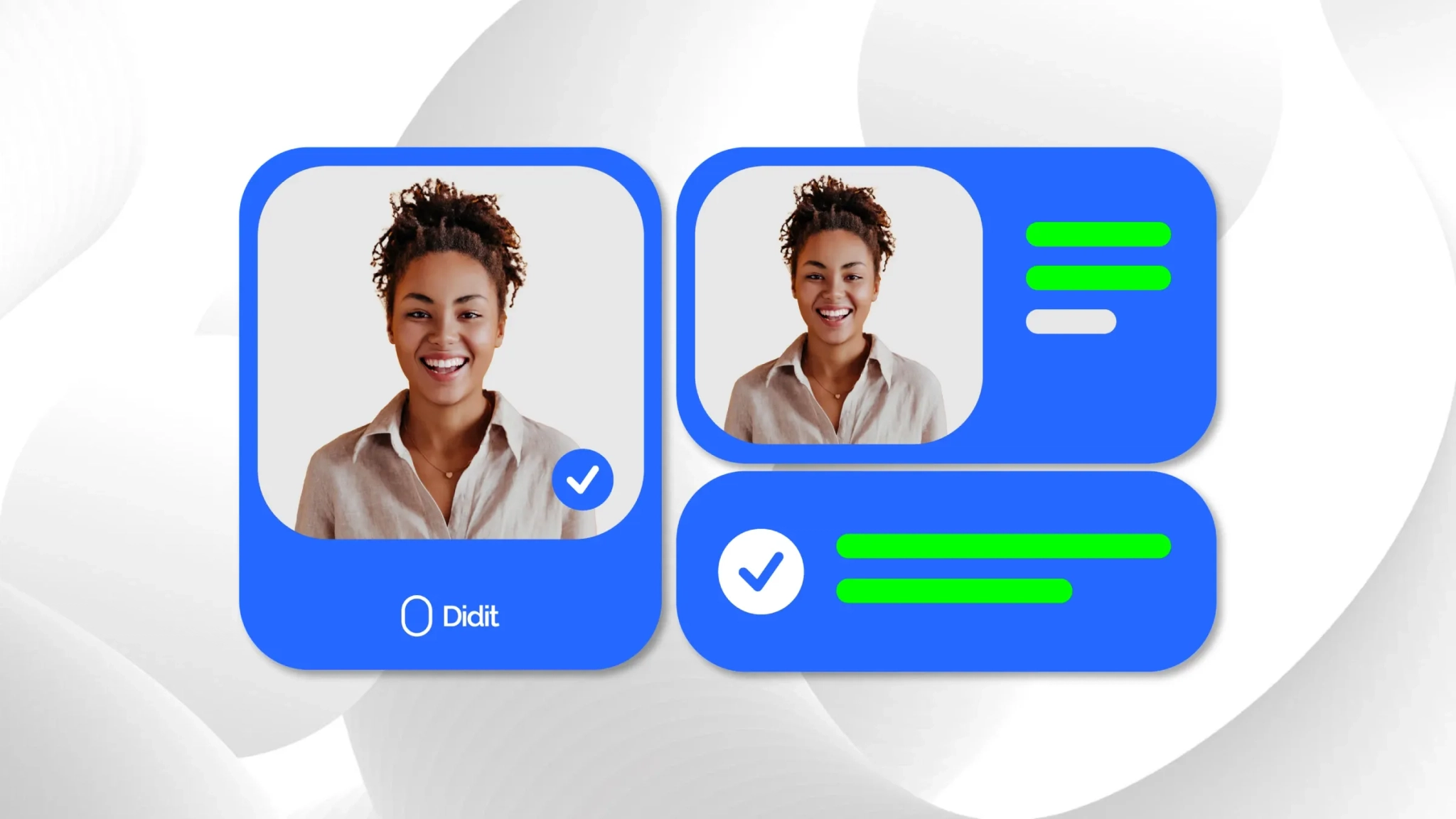
What Are Identity Wallets and Why Should You Have One?
Key takeaways
1. Identity wallets revolutionize data management and payments, storing personal data securely while granting access to a global economy.
2. They provide a digital, secure, and more practical version of traditional documentation like IDs or passports, enhanced with biometric checks.
3. Identity wallets offer more than just mobile payments; they enable a holistic digital identity management experience, linking financial tools and identity.
4. Didit is leading the digital identity wallet space, emphasizing user privacy, security, and access to a global economic landscape.
Traditional wallets are becoming obsolete. Identity wallets have emerged to revolutionize the way we manage our personal data and information, both physically and digitally, and to improve the way we make and receive payments. But what are these wallets? We can define this concept as a system that stores people's private data, such as identity documents, payment methods, important documents, and also allows them to access a global economy.
These digital wallets are unique, private, and non-transferable, created after passing a humanity test. Mainly, this ensures two things: first, that the individual on the other side is human, and second, that they are who they claim to be. Technologies like NFC or AI-enhanced biometrics are key to this.
Identity wallets are a critical development from a privacy standpoint but also for security, as they reduce the risk of identity theft. And with Didit, you'll have it all in the palm of your hand.
How Digital Identity Wallets Work
Identity wallets function as a digital representation of our documents (ID or passport), but far more practical and secure. It's an electronically protected representation of your digital identity stored on your mobile or computer.
Biometric checks, like Apple's Face ID or Android's fingerprint scanner, ensure the external security of the information stored in these digital identity wallets. Data encryption and the unique ability of the owner to unlock this data take care of the internal security. This way, individuals can confirm and verify their identity swiftly, reliably, and securely, offering a glimpse into the future of identification methods.
The Benefits of Digital Wallets for Digital Identity
These digital identity wallets provide the perfect environment for individuals to enjoy a sovereign and decentralized identity, with absolute control over their information. Moreover, this technology offers many other advantages.
One of the significant benefits of these digital identity wallets is access to a global, transparent, secure, and decentralized economy thanks to blockchain. To enjoy this economic layer, individuals must verify their humanity and identity.
Security is also enhanced with this technology, as the loss or theft of documentation becomes a thing of the past thanks to this digital and encrypted alternative.
Authentication and verification processes in various services are also optimized, as there's no need to undergo cumbersome KYC processes again; we can complete this procedure with a single click.
Digital Wallets Are More Than Mobile Payments
Digital wallets, as we've seen, open the doors to a global economy but go beyond traditional mobile payments. While the latter rely on technologies like NFC (a development we use in Didit to verify individual identities) or QR codes for payments, digital wallets offer a more comprehensive experience.
How are they different? Digital wallets not only allow you to make instant payments via blockchain technology but also give you the option to link your credit or debit cards to your digital identity. Thus, you have everything you need in one place, simplifying your financial transactions and management.
The Future of Personal Documentation
Digital wallets are the future of personal documentation. The option to unify identity and economy under the same umbrella opens up an impressive array of possibilities, empowering individuals' decision-making power and addressing many current problems related to identity fraud, such as impersonation or identity theft.
This will ensure that our interactions on the internet are more people-centric, secure, and reliable. For this to happen, organizations must also adapt and aim to humanize their relationships with individuals, offering effective onboarding methods that are friendly and include privacy-respecting identity verification systems (KYC).
In summary, these identity wallets will be our passport to navigate a safer, more reliable digital (and physical) world, truly designed with people in mind.
Are These Identity Wallets Safe?
Absolutely, identity wallets are secure as long as they use robust, technologically advanced, and recognized systems like Didit. In our case, biometrics play a crucial role in preventing unauthorized access to your identity. Without correctly completing the previous step, the information stored in your digital identity remains encrypted, ensuring that no one else can access your data.
Moreover, this technology is much more secure than traditional identifications. Recent reports discuss AI-generated fake documentation, created with high precision and hard to distinguish from legitimate documents at first glance. This way, identity fraud is significantly curtailed.
Didit, at the Forefront of Digital Identity Wallets
Didit's mission is to humanize the internet and reduce identity-related fraud. We strive to become humanity's sovereign identity, always allowing individuals to have absolute control over their information and privacy. Of course, this includes opening doors to a global economy.
Thousands have already joined Didit to take control over their personal data. Are you joining the revolution?
What Are Identity Wallets and Why Should You Have One?

